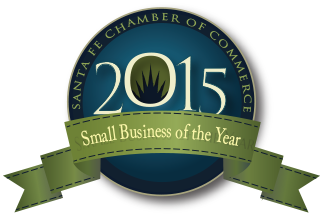03 Jul Who Might Buy Your Business?
When selling a business, you’ll want to consider the different buyer scenarios you’re presented carefully. The buyer pool for most organizations can be very diverse, and different kinds of buyers pose different implications. It’s important to develop an understanding of the parties’ backgrounds and their intent to buy. Of course, will help you find the right fit, but it never hurts to be prepared. These are five of the more common types of prospective buyer profiles you may encounter.
-
Individual Buyer
These are individual buyers who aren’t affiliated with an external organization. This scenario can be advantageous for several reasons. For one, these parties have fewer strings attached, making them easier to work with than an existing business. They also typically have years of experience in their field. However, nearly 48% of small business buyers are also first-time buyers, according to this Market Pulse report. As a result, they may require additional training and assistance from the current business owner through the transition.
-
Business Competitor
Existing companies often buy out their competitors, which allows them to expand in their industry. This could be an excellent opportunity for a business owner looking to sell with little-to-no involvement following the transaction. These potential buyers usually already have an understanding of your general operations, so it takes much less time to get them up to speed. If you do pursue this arrangement, you will want to retain business broker services as many unique challenges can arise.
-
Synergistic Buyer
Synergistic parties are another type of buyer looking to expand their current operations. These buyers aren’t direct competitors, but more so companies in-line with your industry. They are interested in similar businesses that would be complementary to what they currently offer. A major plus of working with a synergistic buyer is that they are often more willing to pay a higher purchase price than other groups that need more financial backing. A possible disadvantage in this arrangement is that they typically don’t have the need to retain a lot of the seller’s current personnel, so downsizing is common.
-
Financial Buyer
Financial buyers are interested in the return they can receive by investing in a business. You may want to consider this arrangement if you are looking to maintain some involvement with your organization but do not have the capabilities, funds, or interests to continue serving as the business owner. You want to work with a business intermediary through these transactions, as they require a high level of detailed planning.
-
Family Member
Many small business owners choose to sell to a family member. Often, their successor is already involved with their operations and has received a great deal of training. Having this familiarity is of great benefit to a potential buyer, plus they can rely on their family member for support as time goes on. If this sounds ideal to you, our recommendation is to prepare this person as much as possible to minimize disruptions. If they aren’t ready for the responsibility, your business can suffer.
An experienced broker can help match you with the right buyer based on your personal needs. If you’re ready to sell, contact us for more information!









